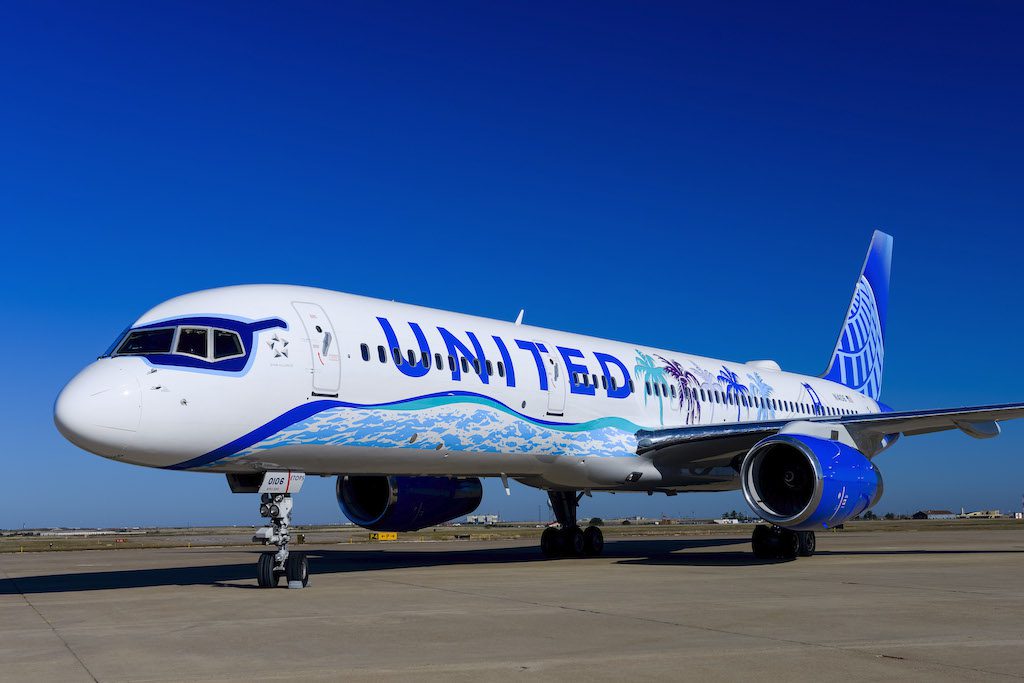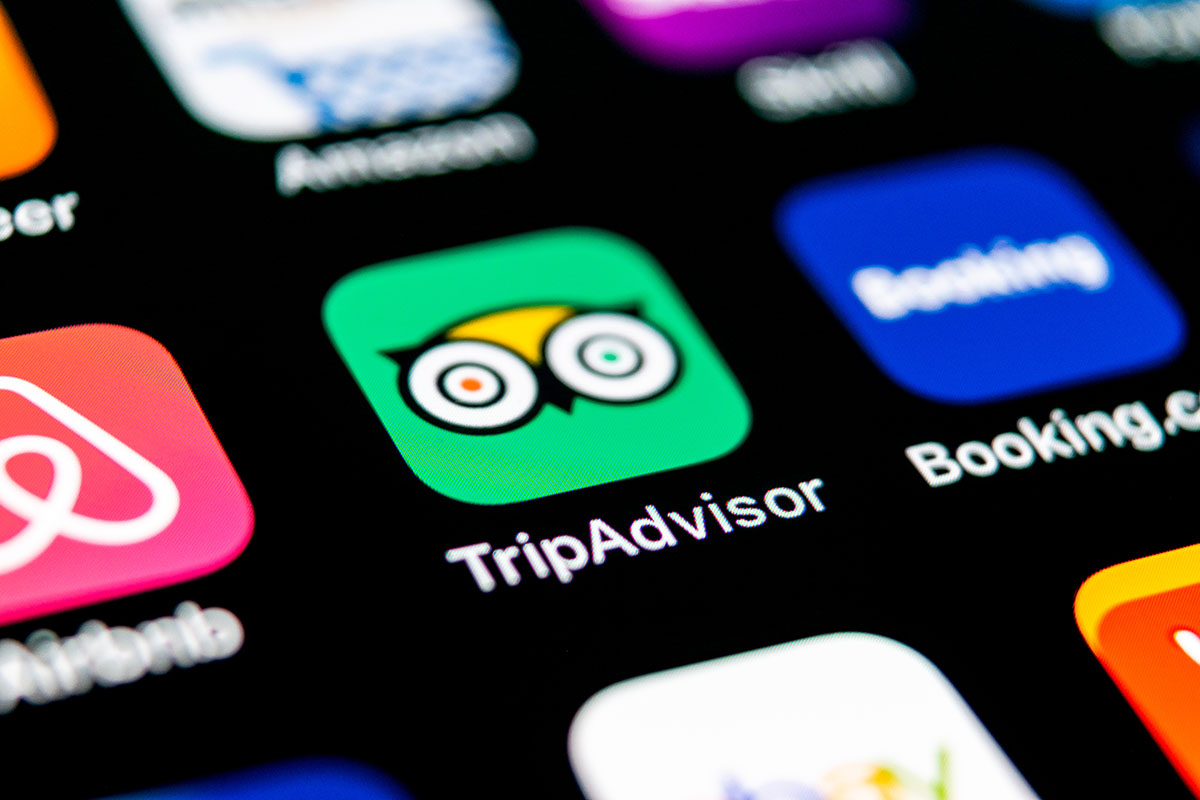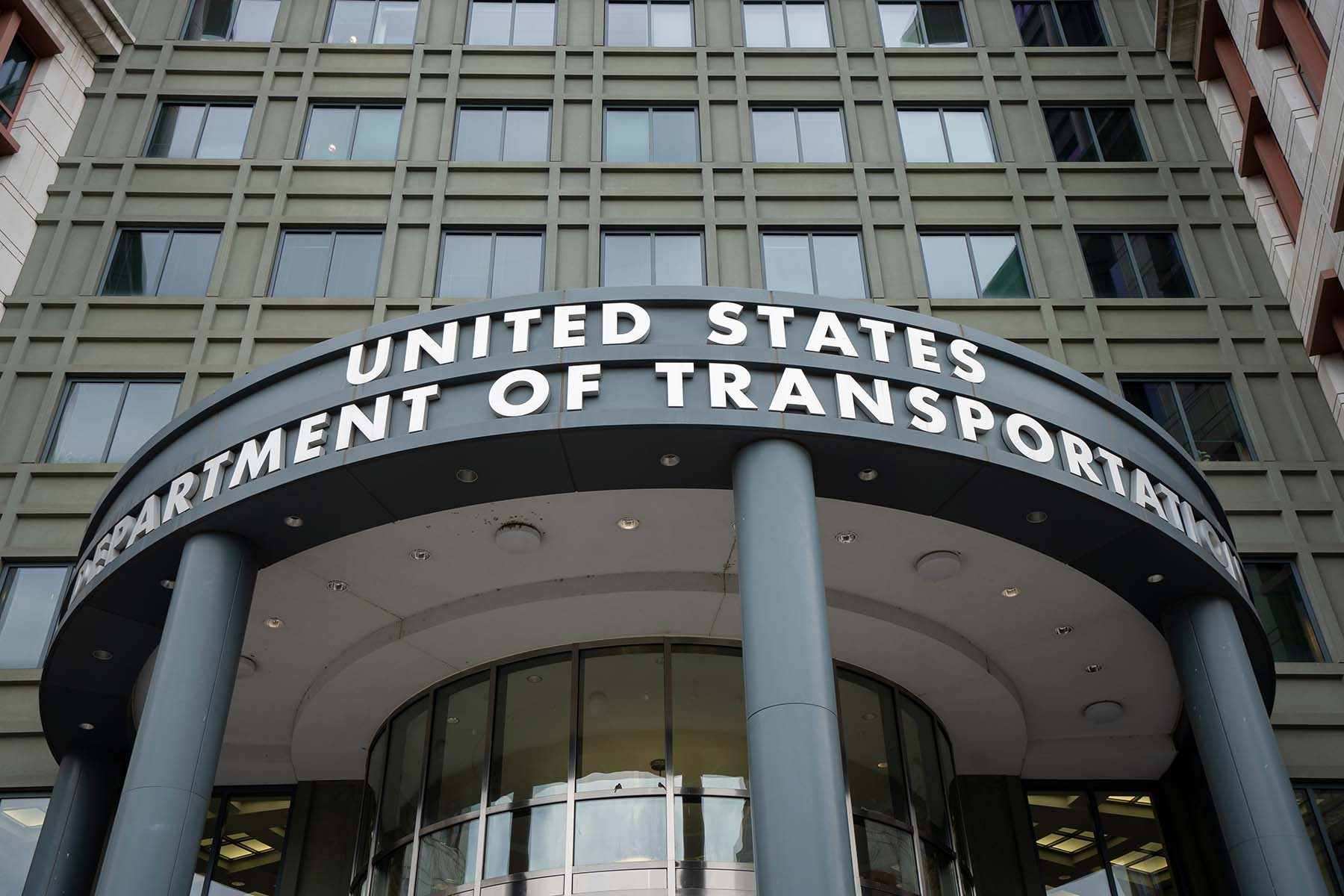United Airlines President No Longer Counting on Quick 'Snap Back'

Skift Take
United Airlines is losing more than $100 million in revenue per day and making plans to reduce payroll expenses and permanently retire some older mainline and 50-seat regional aircraft if air travel demand does not return later this year, President Scott Kirby told employees Thursday in a town hall meeting.
"While we all think that the Coronavirus will be behind us and recovery is going to be somewhere on the horizon, we can't be too aggressive about assuming it's right around the corner and expecting the so-called V-shaped recovery because if it doesn't happen we put ourselves in even more risk and even more danger," said Kirby, who becomes United's CEO next month.
United is expecting to accept a grant of more than $5 billion from the U.S. government as part of the CARES Act, and the airline will use it to pay staff through Sept. 30. But Kirby made it clear the airline might need to shrink, at least temporarily, when the fourth quarter begins.
Get the Latest on Coronavirus and the Travel Industry on Skift's Liveblog
"We will need to reduce our cost structure one way or another to match the reduction in revenue," Kirby said. "The goal once we get down to October will be to get our cash burn down to zero for as long as possible."
Skift listened to a tape of event at which employees asked questions of Kirby and CEO Oscar Munoz.
Flexibility Key
United's executives do not know how demand will play out, but Kirby said he's no longer counting on quick "snap back" where airline operations return to normal in a few months.
Instead, United is making a base case assumption that fourth-quarter demand will decrease 30 percent, year-over-year, and perhaps more. At a 30 percent decrease, and without government payroll support, United would have a revenue shortfall of a little more than $1.3 billion per month by October, Kirby said.
"If that's the case, we are going to have to figure out how to adjust our cost structure to be consistent with the $1.3 billion decline in revenue," he said. "But it's possible we could be back to normal, or down 10 percent."
The uncertainty makes planning tough. If United knew demand would not recover this year, it simply furlough or lay off workers to save cash. But Kirby said he doesn't want to shrink so much that the airline cannot take advantage of a recovery.
To retain flexibility, Kirby said United has been approaching unions about how to reduce payroll expenses without making permanent changes. Employees might work fewer hours, or more workers could be coaxed to take voluntary leaves, he said, ensuring United would be ready to leverage improved demand.
“If we were all just working fewer hours, man, we could snap back quickly,” he said.
Aircraft
United is taking a similar wait-and-see approach on aircraft and has not made plans to permanently ground any fleet type, Kirby said. Still, he said the cramped CRJ-200s and Embraer E145s, which fly as United Express, likely won't stick around long.
“My guess the 50 seaters mostly will be gone, by the end of this,” he said.
Other fleet types may not come back either. If recover does not come soon, United’s Boeing 757s would go first, Kirby said, followed by the Boeing 767s that the airline mainly flies to Europe. Many 767s recently received new business class cabins, but some date back to the early 1990s.
“That's not an easy decision to make because the 767s in particular have been a great airplane,” Kirby said.
Next, United would retire Airbus A319s and A320s delivered in the 1990s, Kirby said. United has expected to retain those airplanes and use new Boeing 737 Max jets, a similar-sized airplane, to grow the fleet. But in a scenario where demand takes time to return, the Airbus jets would go away, while Max deliveries continued.
“We still have a large order book for 737 Maxes and it’s right to assume at some point the Max is going to return to service,” Kirby said.
Changing Assumptions
Before last month, United's worst-case scenario was 9/11, when the government grounded all airplanes for three days, and demand took months to recover.
"We used 9/11 as preparing for a flood," Kirby said. "That was the worst thing that happened in the history of aviation and [we thought] surely there won't be something that has a larger impact on aviation than 9/11. This is ... not just worse than it, but two- to-three times worse, and depending on how long it lasts could be even larger in terms of how much worse it was than 9/11.”
In response to a question, Kirby said United will forever change its worst-case scenario planning, replacing 9/11 with a global pandemic.
"One of the lessons from this is our stress test from 9/11 wasn't stressful enough," he said. "We need to be prepared for even more stress.”
When business normalizes, Kirby said United likely will emerge as a more conservative airline, with three main priorities — adding cash to the balance sheet, paying down high-cost debt, and reinvesting in the airline.
“It is not even on our radar to think about in the future stock buybacks,” Kirby said.
On The Offensive
While United may be more conservative with its balance sheet, Kirby said he still views the crisis as an opportunity.
Since arriving from American Airlines in 2016, Kirby has often complained that United was too small relative to its main rivals, and he hinted Thursday the airline might use this period to go on the offensive.
"We need to be in a position ... where we can be the airline that quickly ramps back our capacity back up from 50 percent to 100 percent," he said. "If we do that, we can really emerge stronger on the other side, relative to our competitors."
And though United has considered retiring some airplanes, Kirby said the carrier might be prepared to take advantage of a buyers’ market for aircraft. Sometimes, a well-capitalized airline can thrive by retiring a 25-year-old airplane and replacing it with a seven-year-old aircraft purchased a fire-sale price.
“The optimistic scenario is that airlines around the world are not in the same position as us and didn't respond as aggressively and as nimbly as us and we could go even buy more airplanes cheaply,’ he said.




